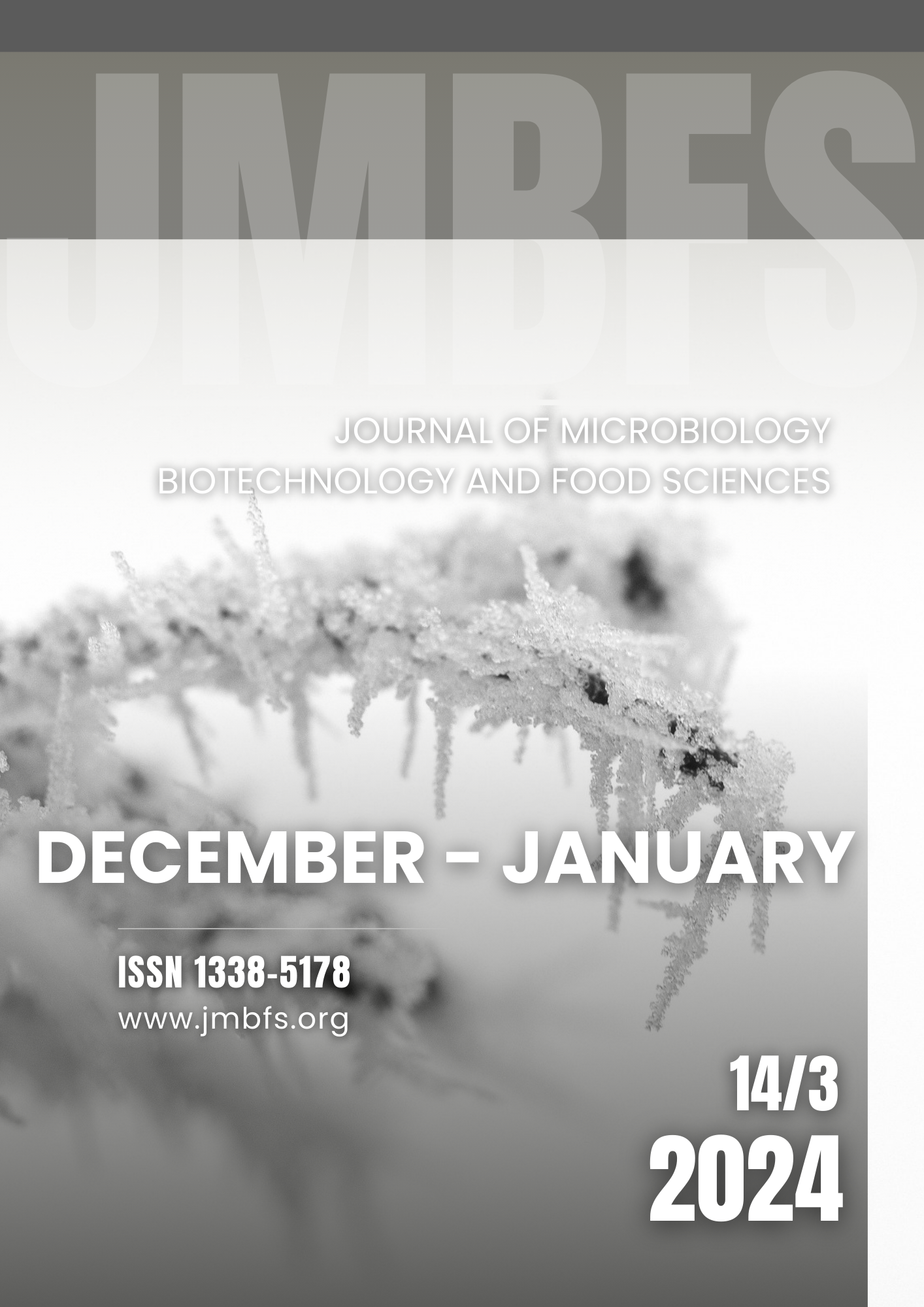A MINI REVIEW ON APPLICATION OF NON-THERMAL TECHNIQUES FOR PROTECTION OF FRUIT JUICES
DOI:
https://doi.org/10.55251/jmbfs.11879Keywords:
Non-thermal Pasteurization, High Pressure Processing, Pulse Electric Field, Cold Plasma, Irradiation, Fruit Juice PreservationAbstract
Abstract: Globally, fruit juices are widely consumed due to their nutritional and health benefits. With increased consumer knowledge about health and safety demand for nutritious fresh like juices is also increased. Fruit juices are more susceptible to spoilage mostly by spoilage microorganisms or by intrinsic enzymatic reactions that adversely affect the sensory attributes of juices. Conventional thermal pasteurization is effective to control spoilage, but it also affects heat sensitive functional compounds and the nutritional value of juices. Therefore, to meet increased consumer demand and requirements, it is necessary to process a variety of fruits for juice preparation with improved preservation techniques to control spoilage. Non-thermal preservation like high pressure processing, pulse electric field, ultraviolet radiations and cold press, etc., are recognized as best alternatives to thermal pasteurization as they have substantial potential to completely inactivate spoilage microbes by causing cell disruption either during processing or after juice has packaged. One of the promising features of employing non-thermal preservation methods is that they do not affect nutritional and organoleptic characteristics of processed juice. Also, most of the methods are relatively less expensive and efficient cause maximum microbial load reduction and improve shelf life.
Downloads
Downloads
Published
How to Cite
Issue
Section
License
Copyright (c) 2023 Samreen Ahsan, Ayesha Siddiqa, Farhan Chughtai, Adnan Khaliq, Farrukh Makhmudov, Sanavar Azimova, Maksim Rebezov, Gulnara Zhumanova, Botakoz Kulushtayeva, Mohammad Ali Shariati

This work is licensed under a Creative Commons Attribution 4.0 International License.
All papers published in the Journal of Microbiology, Biotechnology and Food Sciences are published under a CC-BY licence (CC-BY 4.0). Published materials can be shared (copy and redistribute the material in any medium or format) and adapted (remix, transform, and build upon the material for any purpose, even commercially) with specifying the author(s).





